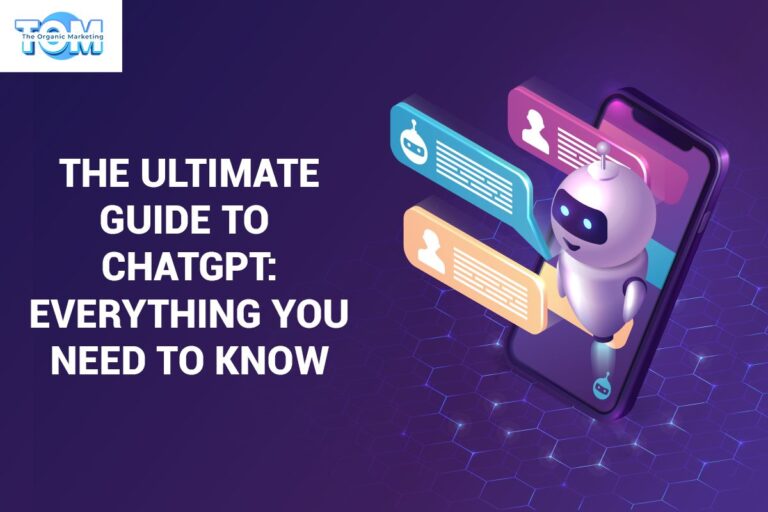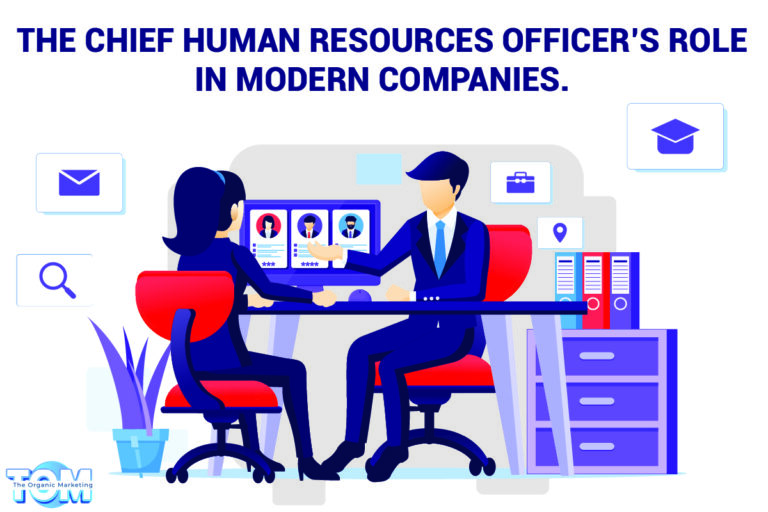Chief Data Officer – Everything You Need To Know
Organizations are beginning to recognize the essential role that data plays in helping them accomplish their strategic objectives in the era of data-driven decision-making. To capture the power of data and turn it into useful insights, a C-suite executive called the Chief Data Officer (CDO) is brought in. This comprehensive guide explores the specifics of the Chief Data Officer position, including duties, team members, necessary skills, qualifications, and average salary in India.
What is a Chief Data Officer?
A senior executive who leads an organization’s data strategy and governance is known as the chief data officer. The CDO is responsible for overseeing the data’s gathering, storage, analysis, and interpretation in order to realize its full potential. They collaborate closely with other members of the C-suite and department leaders to make data-driven decision-making a fundamental part of the culture of the company.
How do Chief Data Officers work?
Chief Data Officers serve as strategic leaders that connect data analytics with corporate goals. Their main priorities include developing a data-driven culture, making data available to important stakeholders, and spotting chances to use data for company expansion.
- Data Management: The aims and values of the organization are aligned with the complete data strategy that CDOs establish and implement.
- Governing data: They create data governance policies to guarantee that data is gathered lawfully, safely, and ethically.
- Data Integrity and Quality: For accuracy and consistency, CDOs manage integration across diverse systems and data quality assurance.
- Insights and Analytics: They make it possible for data analytics teams to provide insightful data that influences choices at all organizational levels.
- Data security and privacy: CDOs put protective measures in place to prevent possible breaches and secure sensitive data.
- Partnerships: They work together with business divisions, IT teams, and outside partners to efficiently utilize data and establish a cohesive data environment.
Responsibilities of a Chief Data Officer
The Chief Data Officer position has multiple aspects and significant responsibilities:
- Developing a data strategy: Establishing a precise plan for managing and using data that is in line with company goals.
- Data management: Ensuring that information is properly gathered, handled, and kept while adhering to applicable laws.
- Data security and privacy: Putting safeguards in place to protect data from breaches or illegal access.
- Analytics of data: Overseeing data analysis to provide insightful information for strategic decision-making.
- Integration of data: Ensuring the data is seamlessly integrated and interoperable across different systems and platforms.
- Stakeholder cooperation: Understanding the data requirements of cross-functional teams and coordinating data activities with corporate objectives.
Members of a Chief Data Officer team
A Chief Data Officer may manage a group of knowledgeable individuals, such as:
- Data Scientists: Specialists in statistical analysis and machine learning who are in charge of drawing conclusions from large, complicated data sets.
- Data Engineers: Manage the creation of the data pipeline and integration of the data infrastructure.
- Data Analysts: Analyze data to provide insights that may be put to use and to aid in decision-making.
- Data Governance Specialists: Make that data rules are followed and that data governance policies are followed.
- Data Privacy Officers: To preserve sensitive information, put a priority on data protection and privacy.
Skills and Qualifications for a Chief Data Officer
Having a varied skill set and meeting certain requirements are necessary to succeed as a chief data officer:
- Management of data: Thorough understanding of data governance, architecture, and management concepts.
- Business savvy: To match data strategies with business goals, it is necessary to comprehend the organization’s objectives and market trends.
- Leadership: Strong communication and leadership abilities to promote a data-driven culture throughout the business.
- Analytics of data: Ability to analyze and evaluate data to draw out important insights.
- Regulatory conformity: To guarantee that data practices comply with legal obligations, knowledge of data protection laws and regulations is necessary.
- Managing change: The capacity to handle organizational change while data integration and transformation procedures are being carried out.
Academics/certifications needed to become a Chief Data Officer
The path to becoming a Chief Data Officer may be different for everyone. But the following educational backgrounds and qualifications might improve one’s chances:
- Education: It is typical to need a bachelor’s degree in computer science, data science, business administration, or a similar subject. Many CDOs have advanced degrees, such as a Master’s in business administration or data science.
- Work Background: It is important to have extensive expertise in leadership roles, data analytics, and management.
- Certifications for Professionals: Expertise in the sector can be verified by certifications like Certified Chief Data Officer (CCDO) or Certified Data Management Professional (CDMP).
Average Compensation of a Chief Data Officer in India
The size, sector, and location of the company are just a few examples of variables that may affect an average compensation of a Chief Data Officer in India. CDOs often have an annual income range of INR 25 to 80 lakhs. In major businesses or global firms, experienced CDOs could be paid much more.
In today’s data-driven environment, a Chief Data Officer is essential for every firm looking to harness the power of data for development and innovation. Chief Data Officers are well-positioned to promote revolutionary change and develop a culture of data-driven decision-making across their businesses.
For more details on the Chief Data Officer’s role, contact The Organic Marketing.





